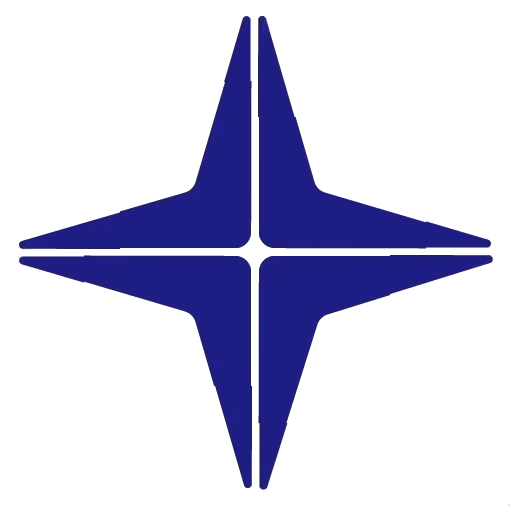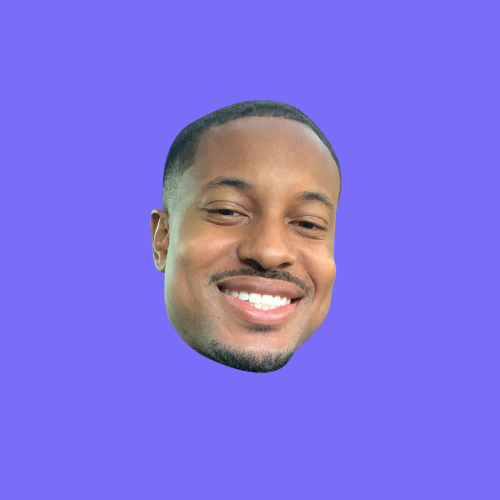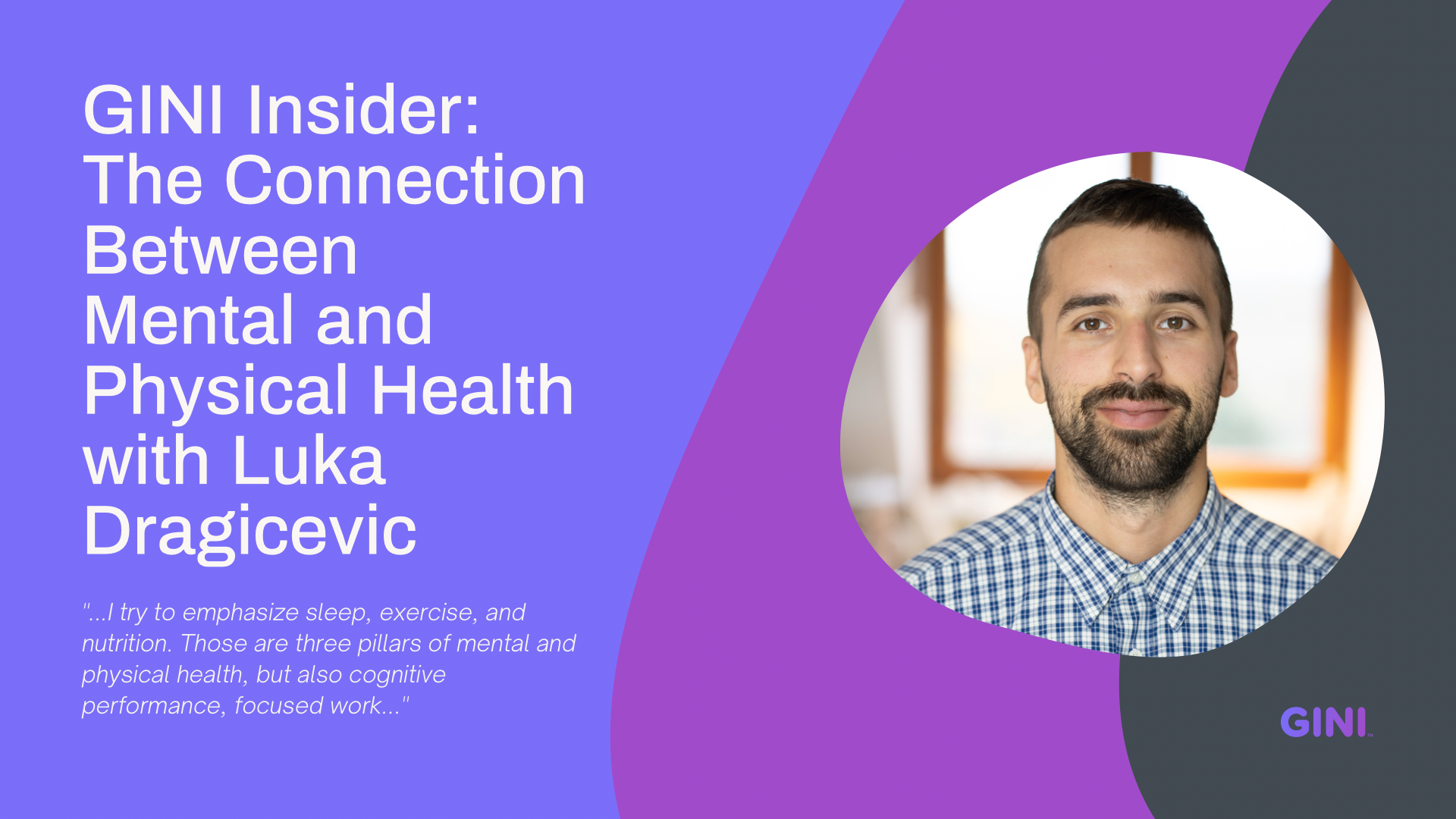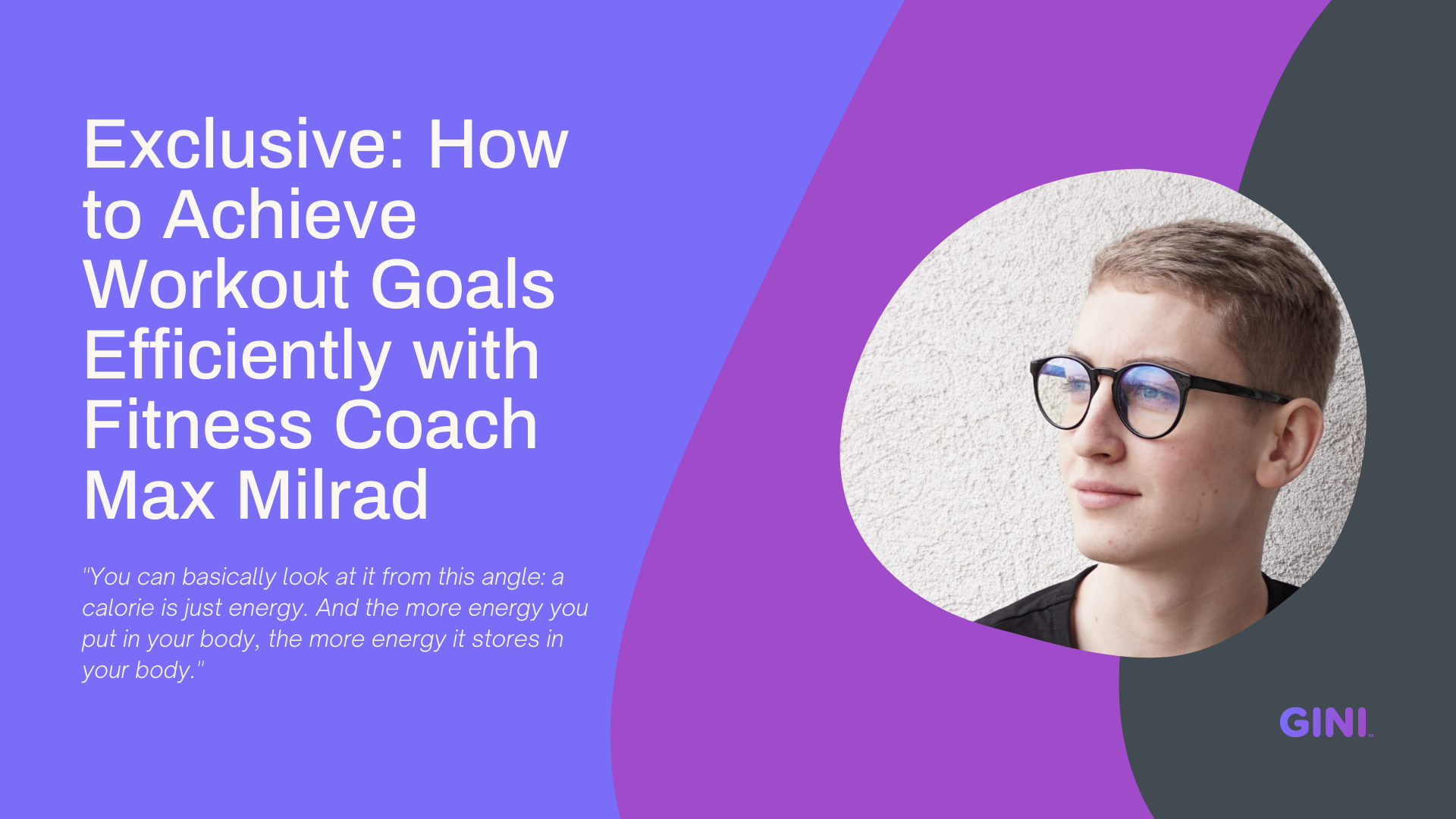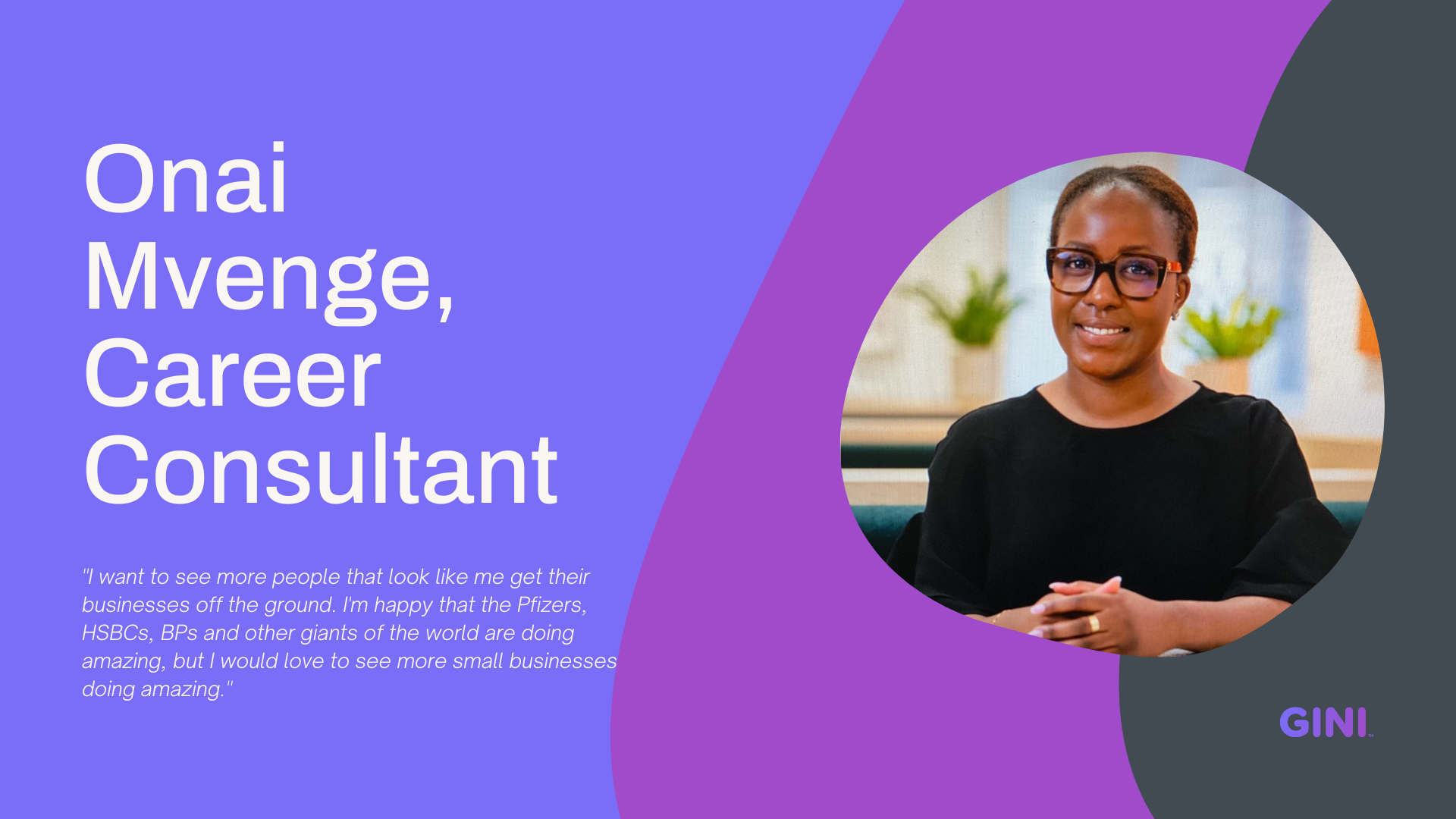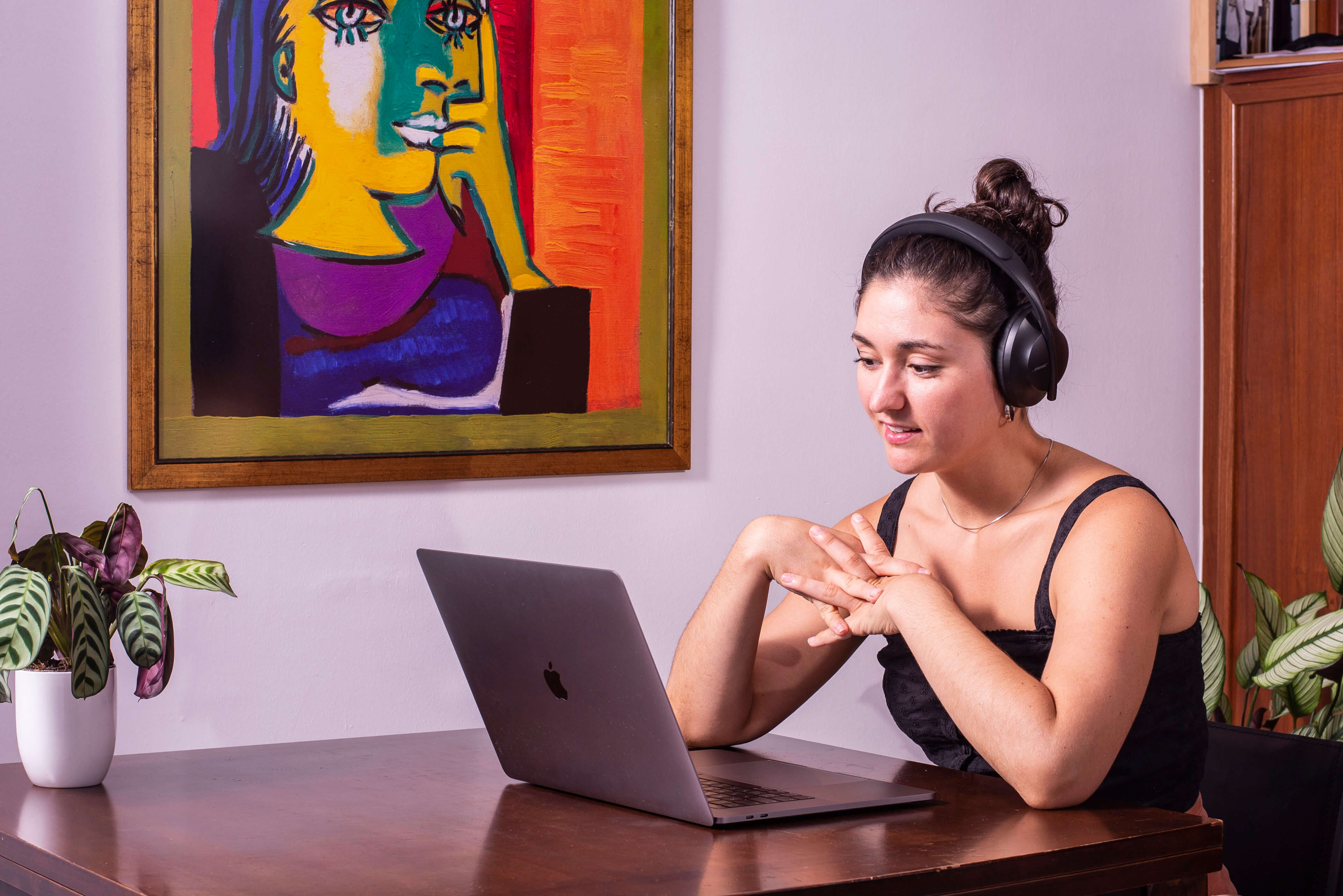GINI Insider: The Connection Between Mental and Physical Health with Luka Dragicevic
GINI: Get Expert Advice On The App Store
Mental and physical life coaching are two branches that focus on different aspects of an individual's life.
Mental life coaching, also known as personal or life skills coaching, is focused on helping individuals overcome mental and emotional obstacles to achieve their goals. Mental life coaching may involve helping clients improve their self-confidence, manage stress, develop effective communication skills, or overcome limiting beliefs.
Physical life coaching, also known as health and wellness coaching, is focused on helping individuals improve their physical health and well-being. Physical life coaching may involve helping clients develop healthy habits around nutrition, exercise, sleep, and stress management, as well as addressing specific health concerns or conditions.
Both mental and physical life coaching can be valuable for individuals seeking to improve their overall quality of life and achieve their personal and professional goals. In some cases, mental and physical life coaching may be combined to provide a more holistic approach to coaching that addresses both mental and physical well-being.
To get a deeper dive into hybrid mental/physical life coaching-based insights, GINI caught up with top-notch, widely diversified societal culture life coach Luka Dragevic.
Josh: Thanks for speaking with me today.
Luka: It's a pleasure. I'm excited to do this with you.
Josh: That's great to hear. The last time we spoke, you were assisting as a mental coach for a team competing at a boxing conference.
Luka: Yeah, it was an amateur tournament, and there was me, the coach, and three teenagers. It was a really nice experience.
Josh: Nice. That's good to hear. My intention for this interview is to be as candid and comfortable as you like in order to provide raw insights to our readers. The goal is to give people insight into your coaching practice and its uniqueness. I really thought that it was just interesting to start off with – thinking about how coaching physically relates to mental coaching. So you want to get right into it?
Luka: Sure.
Josh: Okay. The first question is, can you tell me a little bit about your coaching practice and how it relates, let's say, to health and sports?
Luka: Okay. As I think I mentioned last time we talked, after working with athletes for some time, I figured out, a lot of those things can be applied to people who are not athletes. Performance is the same in sports and outside of sports. And when it comes to my approach to coaching, I work primarily in concert with years of health and scientific research, and I try to emphasize sleep, exercise, and nutrition. Those are three pillars of mental and physical health, but also cognitive performance, focused work, and those kinds of things. So most people would approach me asking for help with their time management and goal setting, in terms of work-related stuff, but I really see health, as I explained it, and work performance as two sides of the same coin. So if you go to one extreme too much, the other one will suffer, and in the long term, it's not going to be sustainable.
Josh: I completely understand that. You need balance in those areas. A lot of people struggle with performance because they don't get enough sleep. Sometimes that's me as well. I'm a little better at it now, but I can imagine just how vital sleep alone is. I wanted to ask, how did you get started in coaching?
Luka: I think the most important part was my personal experiences. I’m in my early twenties; I've been involved in all the worst health habits you can imagine. I was having terrible sleep all of the time. I used to drink, I used to smoke weed often, and at a certain point, I realized I'm feeling really bad. I'm always tired. I wasn't happy with who I was, and I was frustrated for a while. I was looking for a way out of that, and it was difficult. It took me a couple of years from when I realized I wanted to get out of that in tandem to actually doing so. And it was a huge experience. I've learned a lot. It coincided with my education. So what I was learning, especially at my master's, I tried to apply in my own life. And then bit by bit I started having the idea of helping other people to do the same.
Josh: Nice, inspiring,
Luka: But applying those things to your own life and teaching other people how to do it are two very different things.
Josh: How so?
Luka: Yeah, knowing something & teaching are two very different levels of knowledge, and I didn't really understand that when I was beginning. So there was a lot of frustration then.
Josh: I've heard that before, even in the business world. You might have a professor who teaches business but has never started a business. So I'm guessing it's the same if you haven't experienced it.
Luka: And in sports too, you have coaches who were amazing athletes and coaches who never reached a high level in sports. And the opposite; you have elite athletes who will not turn out to be good coaches.
Josh: Well said. So would you say that you can still be an effective coach even if you weren't a high-performing athlete?
Luka: Being a high-performing athlete definitely helps you to be a good coach. but it doesn't translate. So your chances are higher if you were an athlete than if you weren't. But you need to have something extra.
Josh: Okay. Got it. So you decided to become a life coach while in school, after you experienced things you didn't like in your life, and you said, oh, I would like to help other people solve this problem as well.
Luka: The realization that I wanted to help other people came before I wanted to be a life coach. So first, I started by trying to help my brother and some friends. And then after getting some experience working with athletes, that's when I decided, okay, I'm going to go and try to work with people outside of sports.
Josh: Got it. And what type of benefits would you say you got from this?
Luka: Oh, there are so many. I learned so much. I became a better coach by working with clients. People who approach me are usually exceptional individuals who approach me because they want to get even better. So in most cases, my clients inspire me to be better personally and professionally. They have high demands of themselves and me, and this helps me never to stop learning, and never stop finding better tools and better ways to help them.
Josh: Interesting. So you mentioned that the people who are coming to you are basically looking to become better, so they already have that mindset of, there must be a way to get better with the help of an accountability partner or a coach or someone to guide me and remind me why I'm in this. So would you say that it's a common trend for people looking for life coaches to perform at the top of their class?
Luka: Probably that's the majority. I would say that there are two categories; two extremes. On one hand are people, like you, described, who know they have the knowledge of what they should be doing but they sometimes struggle to do that because it's so easy to negotiate with yourself and give yourself a good reason. It's okay to skip today, and they back out. Or they simply forget because they have too much on their plate. And this is where this accountability of having somebody to check up on you every day and remind you of those things, and ask you some questions, helps.
And on the other end are people who need more guidance, they are seeking to gain knowledge and to gain some tools that are going to help them improve. In psychology, this is called client-based and therapist-based therapy. So are you the one who is dictating where the conversation goes, or you are just listening to your client and asking questions and looking to raise his awareness? And I think one of the biggest parts of being a coach is recognizing what your role is supposed to be at any given moment. So whether you should lead or whether you should shut up and listen, maybe ask a question or two. It's not like with one client you're always going to be in this one role; it evolves and it changes. You just need to be aware where you are at this moment.
Josh: Got it. I see what you mean. People are at different stages mentally with you as a coach and at that point, that triggers, oh, maybe I need to listen more, or maybe I need to provide some guidance. Is that what you're saying?
Luka: Exactly, yeah.
Josh: Okay, cool. So it appears there are many parallels between physical and mental coaching. Would you agree with that?
Luka: Absolutely. And there are so many allegories you can make to describe something in mental coaching, by providing an example from physical coaching, like providing an example from sports. And it's really necessary to find an example that resonates with your clients, so that's why it's good to be aware of what his interests are, so you can provide a better allegory. This is something I got from my dad. He always, when I was a kid, tried to give me some life lessons by comparing it to some situations that we've seen in sports.
Josh: So you're saying that your dad was very instrumental in teaching you these lessons related to sports and life?
Luka: Yeah, I was trying to say that he was good at explaining to me the life lessons by providing an example from sports.
Josh: Ah, I see what you mean. What's your favorite sport?
Luka: As a fan, I'm most invested in soccer – football, as we call it. But as a practitioner, I'm more invested in boxing and kickboxing.
Josh: Okay. Do you see a commonality between the top performers in both of those sports? A very one-on-one sport, and then you have a sport that's a team sport. What are the commonalities between the top performers in those arenas, let's say when it comes to mindset in performing at the top of their game?
Luka: A cliché answer, but a truth nonetheless is having that grit and hardworking mindset. I'm entirely convinced that it's like 90%. In order to be truly elite, you need to have that grit and hardworking mindset, you need to have talent, and you need to have luck. But I would say 90% is hardworking. You need to be passionate about what you're doing. You need to be a bit manic about it. But now I'm talking about the true elite level.
Josh: The luck part, always could definitely push you over the edge, like, if you're in the right place at the right time. But definitely I agree, hard work is the key. So, let's say in the sport of boxing, how important is mindset to winning? When somebody's punching you in the face or in the chest, what do you tell your students or what do you tell your coachees?
Luka: I would say, practitioners of martial arts understand the necessity of training your psychology more than the average athlete, because the consequences are different. When you go out on a soccer pitch, you want to win, you want to give your best, but if that doesn't happen, you feel bad and sad for a couple of days. But if you perform badly in a ring, there is one level more, you get physical punishment for your mistakes, you get a lot of physical pain. And it's only you out there; there is nowhere to hide. Everything is bare. And so in terms of how to advise athletes, I think you need to cultivate the mindset of accepting the possibility of lots of pain – not only in martial arts, this is my approach with all sports and with people outside sports too. So you need to accept that there are going to be defeats. You mustn't run away from them. Those are learning opportunities. When an athlete comes to me and says, I had a really bad period, I lost a couple of metrics and grades – now this is a learning opportunity. We have a lot of things to analyze and to learn from. Just look at bad experiences as essential learning experiences.
Josh: It's the best way. Those are the best teachers – the failures. That's very insightful. I always think about, to still attempt to win while experiencing pain is the definition of a warrior, of someone who wants to win. In life, in sports and business, I see that everybody experiences pain in one way or another. But it's like, how do you deal with that pain? Do you accept it? Are you going to run, like the fight or flight? Some people fight, and some people fight. So, I can see how they're all connected. And it's really just the same concept, whether it be physical or mental. So do you include meditation or some sort of concentration practice within your coaching?
Luka: Yeah. I'm a big believer in meditation. I've been practicing it for a couple of years. Besides mindfulness meditation, there are a lot of other breathing exercises that can be used with the aim of not only improving focus, but improving your endurance cardiac output. This is something I wrote my master's thesis on, in martial arts; again, breathing is so emphasized in boxing. With every strike, you need to be breathing. So mindfulness and meditation, I do recommend, but most of my clients don't come from the sports world nowadays. I like to work on meditation with all my clients. And there are many different aims you can have with it. There are people, for example, whose attentional style is more turned inwards, so they are very sensitive to sensations from their body. And there are people whose attention style is more to the external world, so they are better at observing what happens around them, but don't always listen to their own body. So I'm sure you can have some kind of an idea what your style is, and it's a continuum. And so according to that, you should design your meditation practice too. So there are meditations which can emphasize the internal world, and those are good practices if you are too externally oriented. And the opposite is also true.
Josh: I see. I just learned something new there. Especially as entrepreneurs, oftentimes we're focused inward. I would say some, & I can't speak for everybody, but for me, I sometimes feel like I'm a little bit more aware of what's going on inside, and sometimes that hurts because it can cause anxiety or stress, and definitely, that can be detrimental to health.
Luka: Yeah.
Josh: All right. I have one more question and then we can wrap this up. The last question is, who do you look to for advice in coaching? Do you have one yourself? Or is there anybody you look up to in the coaching world that really reminds you of why you're doing this and why you should do it?
Luka: Yeah. There are several people. First, I have a therapist I've been visiting for the last year. Then I have a supervisor for my sports psychology practice. I'm delighted to be working with him, and very grateful for his time because he's one of the top European sports psychologists. Then I have an accountability partner with whom I have a call every week and we go over our weeks and talk about what we did right, and what we did wrong. And finally, my biggest inspiration and inspiration to do this is Andrew Huberman. I don’t know if you've heard about that. He's a neuroscientist from Stanford who has his own podcast.
Josh: No, I don't know, but I'll definitely look him up after this. What makes you look up to him?
Luka: He does a fantastic job of offering summaries of scientific literature and takes that literature and provides tools that you can apply in order for your body and mind to work better. So the things we discussed – sleep, exercise, nutrition, breathing, a lot of that comes from that podcast. And it's been a long road; I think he's now at episode 110, something around that. I've been listening to it from the beginning.
Josh: I'm going to check him out. I see Huberman Live. He's got some books too. Okay, I'll take a look. Well, Luka, we're out of time, but I want to say thank you for speaking with me.
Like what you read? Receive your own customizable mental physical life coaching services with Luka through GINI.
GINI: Get Expert Advice On The App Store
Additionally, cover the rest of your life advice needs with various other GINI providers through the app's AI-targeted conversation chat feature to discover even more hidden GINI value.
Explore your life's various outlets by downloading the GINI Advice Platform App on the App Store or Google Play Store. Video & text-based advice chat selection options are available on a first-come, first serve basis. The GINI Group, 2023.
GINI: Get Expert Advice On The Google Play Store
Have a similar story? Sign-up to become a GINI provider.
Provider Signup - Login Page The GINI Group, 2023
